OUR MISSION IN TR2Lab IS TO IMPACT ON THE WELFARE OF PEOPLE
The TR2Lab is integrated by researchers from several institutions: University of Vic – Central University of Catalonia, Consorci Hospitalari de Vic, Hospital Universitari de la Santa Creu de Vic, Fundació Hospital d’Olot i Comarcal de la Garrotxa, Althaia – Xarxa Assistencial Universitaria Manresa, and other international collaborators.
Our Lab develops projects at the intersection of health sciences and life sciences taking advantage of the multidisciplinary character of the research team. Also, we have the priority to promote a successful career of all the team members.
Our group works from the perspective that innovation occurs at the interface of different disciplines. Since this hypothesis, the TR2Lab interdisciplinary team works to approach projects from different areas:
- Since patient care, using the model of chronic cutaneous ulcers to study the response to treatments that promote the repair and / or tissue regeneration and to identify clinical parameters that correlate with the difficulty of tissue repair.
- From epidemiology, analyzing population data for identification of comorbidities or specific etiologies that can condition the ability to repair and / or tissue regeneration.
- From cell biology and genomics, studying the cellular processes involved in tissue repair and regeneration, and translational and transcriptional changes that might be associated with inhibited in tissue repair and regeneration.














